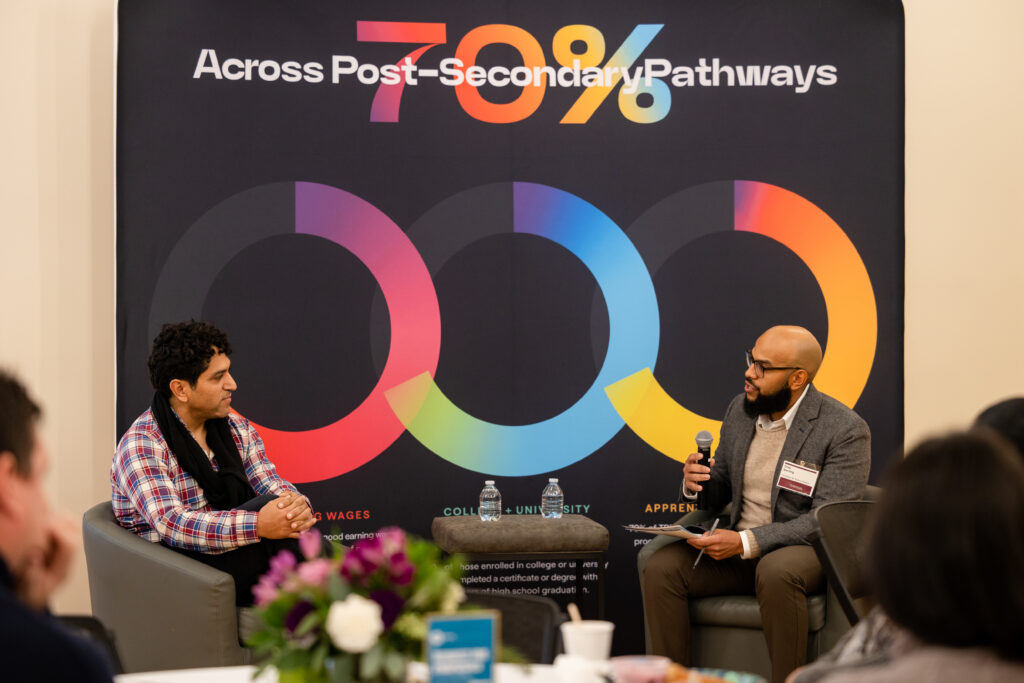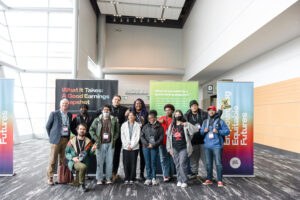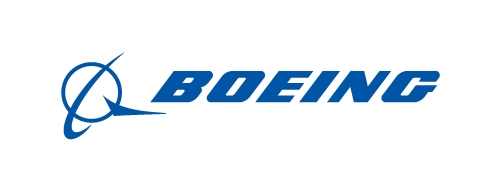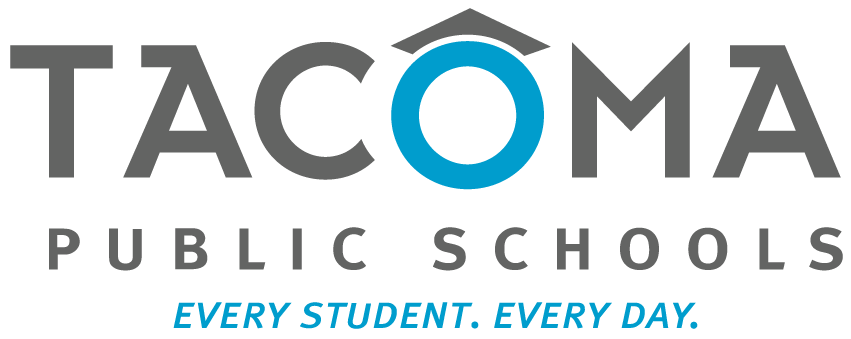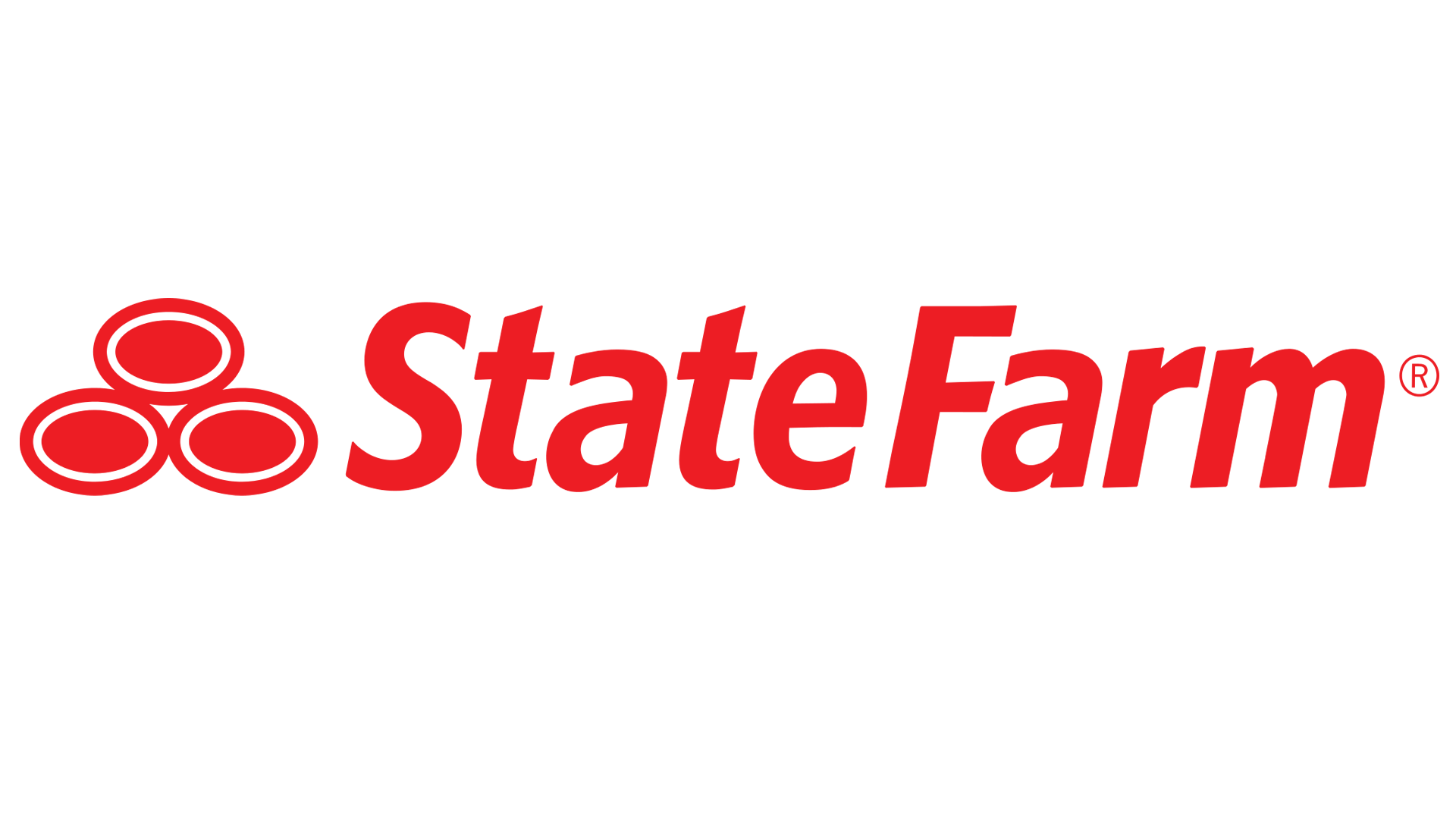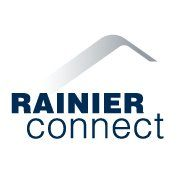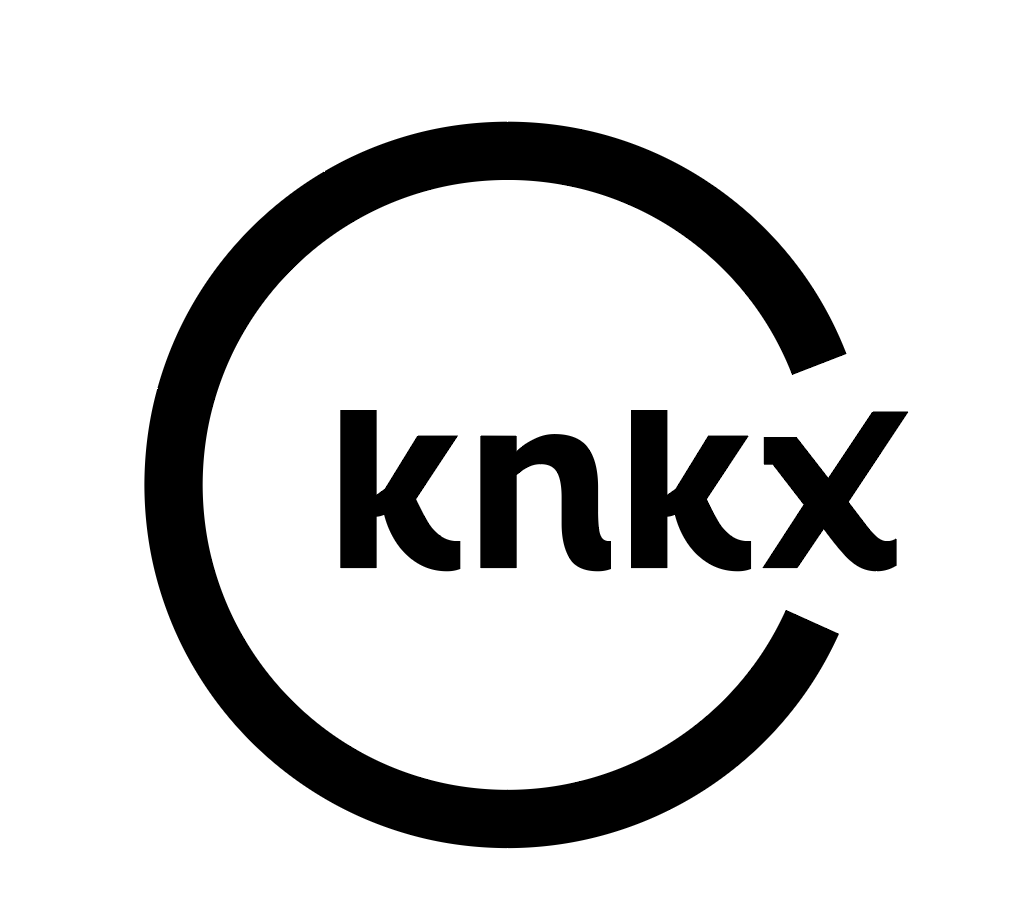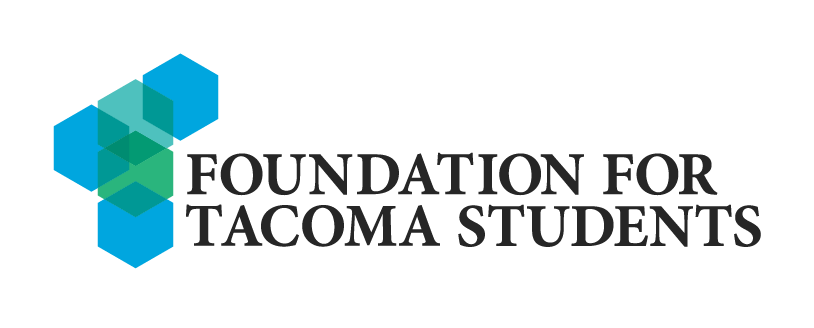The Foundation’s sixth annual Advocacy Breakfast served as a pivotal call to action in our collective pursuit for equitable policy change. It addressed those in positions of power and the crucial voices embedded in our communities, emphasizing our shared commitment for a comprehensive approach to the education system that supports students from kindergarten to their chosen postsecondary pathways and career.
Nearly 100 partners and allies gathered at the Eastside Community Center to learn about and recognize their role in challenging and upholding existing systems within their spheres of influence. Dr. Tafona Ervin, Executive Director at the Foundation, emphasized the role of policy and advocacy as tools to improve economic mobility and empowerment for students and their families.
"Policy and advocacy are our compass points. We leverage data, research, and collaboration to dismantle existing structures and create a more inclusive and supportive educational environment. Today's breakfast is an opportunity to discuss real change, guided by our commitment to better futures for every student."
Advocacy With Results: A Conversation On Community Organizing
The Foundation’s Deputy Director, Gray Sterling, led an inspiring conversation with Fernando Mejia Ledesma discussing the fundamental role of community organizing in driving meaningful social change. As the lead organizer for the Alliance for a Just Society, Fernando brings a wealth of experience in community organizing, lobbying, and policy-making. His involvement in organizations such as the Tubman Center for Health and Freedom and the Washington State Commission of Hispanic Affairs serves as a testament to his unwavering commitment to social betterment.
Fernando shared his personal story, recounting his immigration from Mexico at 16, culminating in recent U.S. citizenship. He emphasized the importance of identifying social and racial issues, collaborating with communities, and including“expanding the table” to those directly affected by policies in decision-making processes.
Fernando discussed the tactical intricacies of community organizing, including power mapping and landscape analysis. He explained the importance of strategic issue selection and understanding the political environment. He cited the 2020 Communities for Our Colleges Campaign as an example, a student-centered initiative aimed to improve Washington’s community colleges by advocating for improved funding, access and racial equity.
The campaign contributed to the passage of Senate Bill 5194 in 2021, which led to significant policy reform.
The bill includes requirements for all community and technical colleges to develop diversity, equity and inclusion strategic plans, refinements to guided pathways, a mental health counselor grant program, and expanded access to financial aid for undocumented students. Fernando highlighted the bill’s impact, making it easier for all Washingtonians, including undocumented students, to receive resident tuition and state financial aid, and requiring community and technical colleges to provide updates on equity plans every two years.
Fernando spoke to the advocacy efforts behind the bill, explaining the importance of a systemic approach in engaging with students, riding the waves of social momentum, and building coalitions to influence spheres of power.
Emerging Postsecondary Enrollment Data
Financial aid was a central topic of conversation throughout the breakfast, with speakers and attendees exploring its impact on enrollment patterns during the pandemic. Isaac Kwakye, Senior Director of Research, and Emma Lacalli, Associate Director of Research from the Washington Student Achievement Council (WSAC) presented an insightful overview on the current landscape of higher education enrollment trends, the impact of financial aid completion, and the challenges different racial groups face. They highlighted an urgent need for innovative strategies to reverse the enrollment decline and close systemic educational gaps.
Washington Public Enrollment Trends (WSAC)
The WSAC research team emphasized the 2019 expansion of the Washington College Grant as a significant policy shift. Their data demonstrated an increase in postsecondary enrollment among students completing financial aid applications at four-year institutions, with a notable 10% increase in this group compared to a 15% decrease among students who did not receive aid.
Statistics from WSAC also addressed enrollment trends across different racial groups. The data painted a nuanced picture, revealing substantial drops for certain communities, including a 38% decrease in enrollment for American Indian and Alaska Native students. This data underscores the importance of further exploring these racial inequalities to effectively address the diverse and complex obstacles faced by various student demographics.
A Policy Blueprint For Increasing Financial Aid Uptake
Ben Mitchell, Director of Policy and Advocacy at the Foundation, briefed attendees on our latest Making the Case report: A Policy Blueprint for Increasing Financial Aid Uptake. Policy recommendations in the report aim to address the disparity between students’ aspirations for postsecondary education and declining enrollment rates.
Ben highlighted the complexities of “cost”as a barrier to higher education. For some students, it’s a matter of postsecondary tuition being too high, while for others, it is a perception issue or a tradeoff between entering the workforce immediately to earn an income or spending potential income on a postsecondary education. Despite these parallels, the “sticker price” of college consistently emerges through polls and surveys as the most significant factor affecting enrollment.
The report underscores that financial aid is a key tool to alleviate identified cost concerns and drive postsecondary enrollment. It also emphasizes the necessity of prioritizing policy efforts during a student’s K-12 years, which are crucial for building college knowledge and instilling demand for postsecondary education.
Building on qualitative research and stakeholder interviews across Washington, the report identifies four key challenges to financial aid attainment:
- Student Navigational Supports
- Marketing and Communications
- Improved and Aligned Tools
- Postsecondary and Career Readiness
The policy recommendations are categorized into near-term and beyond near-term opportunities. Near-term policies focus on achieving early progress, while beyond near-term strategies are geared toward long-term impacts.
Near-term policy recommendations proposed in the report include creating a state-endorsed financial aid certification for educators, setting a statewide financial aid attainment goal and investing in marketing and communication efforts, integrating existing on-line tools and resources, and leveraging the High School and Beyond Plan to increase financial aid application rates.
Many in the community shared a similar sense of the importance of marketing and communications strategies in our state to convey the significance of financial aid and postsecondary education.
Beyond near-term strategies proposed in the report include rebranding the Washington College Grant as a College Promise program, investing in new counseling and advising positions, aligning indicators of progress across our K-12 and higher education systems, and introducing new college and career readiness programs in the high school, such as a dedicated college and career readiness course and support for school districts to create financial aid completion plans. These policy strategies aim to eliminate barriers and ensure equitable access to financial aid.
As we prepare for the 2024 legislative session to start on January 8, our Advocacy Breakfast calls for coordinated action and mobilization to address these challenges, reaffirm our shared commitment to quality postsecondary access, and improve Washington’s financial aid landscape. By collaborating across K-12, higher education, and workforce sectors, we can pave the path for long-term, sustainable student success.

